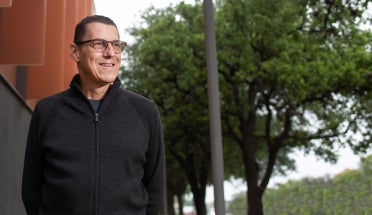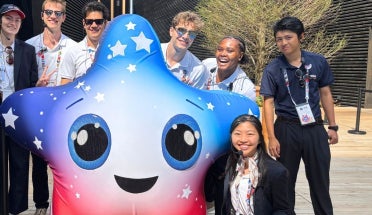
Education Abroad Continues to Impact UT Alumnus’ Career
- Mar 25, 2019
- Education Abroad
For UT alumnus Adil Danawala (‘18), studying abroad in Singapore was a self-investment. During his time abroad, he traveled to a total of 10 countries in East and Southeast Asia and experienced it all. Danawala graduated in spring 2018 with a degree in chemical engineering. He is currently working as a business technology analyst for Deloitte Consulting. He believes his experiences living abroad equipped him with qualities and skills to succeed as a professional, such as social skills and cultural sensitivity to build meaningful international business relationships.
Danawala, a first-generation college student, participated in an exchange program at Nanyang Technological University during the Spring 2017 semester. He received the Benjamin A. Gilman International Scholarship, a national scholarship funded by the U.S. Department of State. The program aims to make study abroad affordable to students with financial obstacles.
In Singapore, Danawala was immersed in the city-state’s blend of Chinese, Malay, Indian and Western cultures. That experience, plus all his trips to surrounding countries, made him realize the remarkable diversity in the world. But at the same time, he learned to appreciate the similarities in everyone and the relationships he could build while being thousands of miles from home.
We caught up with him and asked him about his experience abroad and how it still continues to impact his life and career today.
Adil, tell us a bit about yourself.
My name is Adil Danawala, it’s pronounced A-dil like a pickle, not the computer or singer! I am from Dallas, Texas. I recently graduated from UT with a B.S. in Chemical Engineering. I started my college career as a student in the School of Undergraduate Studies before internally transferring to Cockrell School of Engineering, so for anyone that feels hopeless at the internal transfer competition, it’s definitely possible. At the time, I chose chemical engineering because I loved chemistry and it’s an applicable degree across various industries.
What career goals did you have as an undergraduate?
My career goal, up until my first internship, just like a lot of us, was to get rich. After my first job related to process engineering, I quickly realized that money is not very important if you don’t like what you do. I think after that my goal was to simply find a career I would be passionate about and constantly learn from.
"In the adult world, travel is a hot topic to talk about. The United States is made up of immigrants from all over the world, and if you can go talk to them about their own country, imagine how far that relationship and conversation could go. "
Why did you choose to study abroad?
Upon talking to numerous students that had previously studied abroad, I realized that there will never be another time in my life where I can go to another country with a whole group of people and have this worldly experience with a classroom or group setting. Realistically, when else would you do this? In the adult world, you can go on vacations but it doesn’t sound as cool as being immersed in a classroom full of students with a whole new set of standards, a whole new language, a whole new culture and learning about their version of whatever subject they’re learning about.
Students are so quick to want to invest in things like the stock market or cryptocurrency, but what about self-investment? After all, that’s why we’re in college. Studying abroad is a self-investment. Most people will say “it changes your life,” it sounds cliché, I know, but it truly does. In the adult world, travel is a hot topic to talk about. The United States is made up of immigrants from all over the world, and if you can go talk to them about their own country, imagine how far that relationship and conversation could go. Being open to travel, let alone having the courage to reside in a foreign country, speaks a lot about your character.
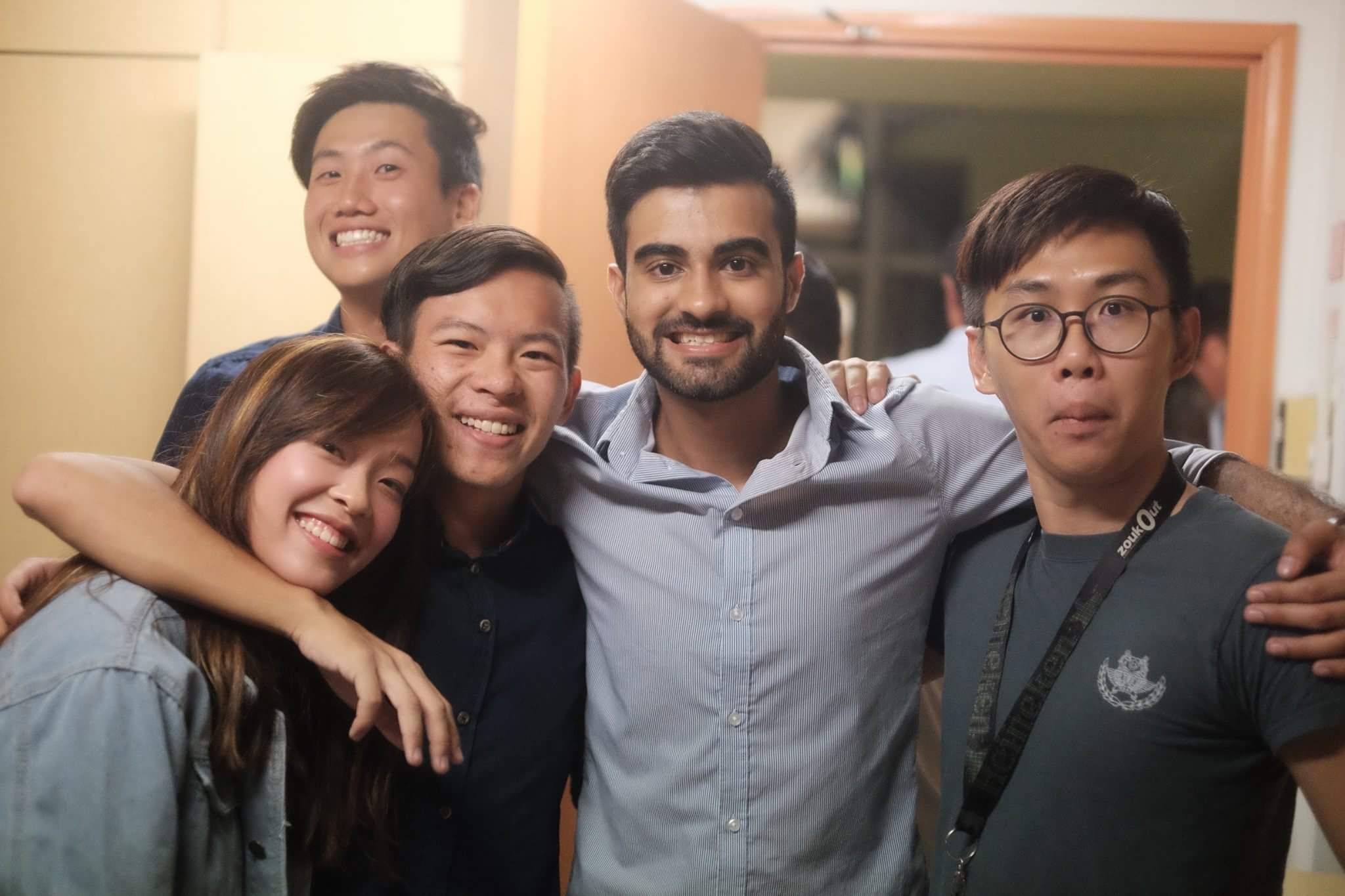
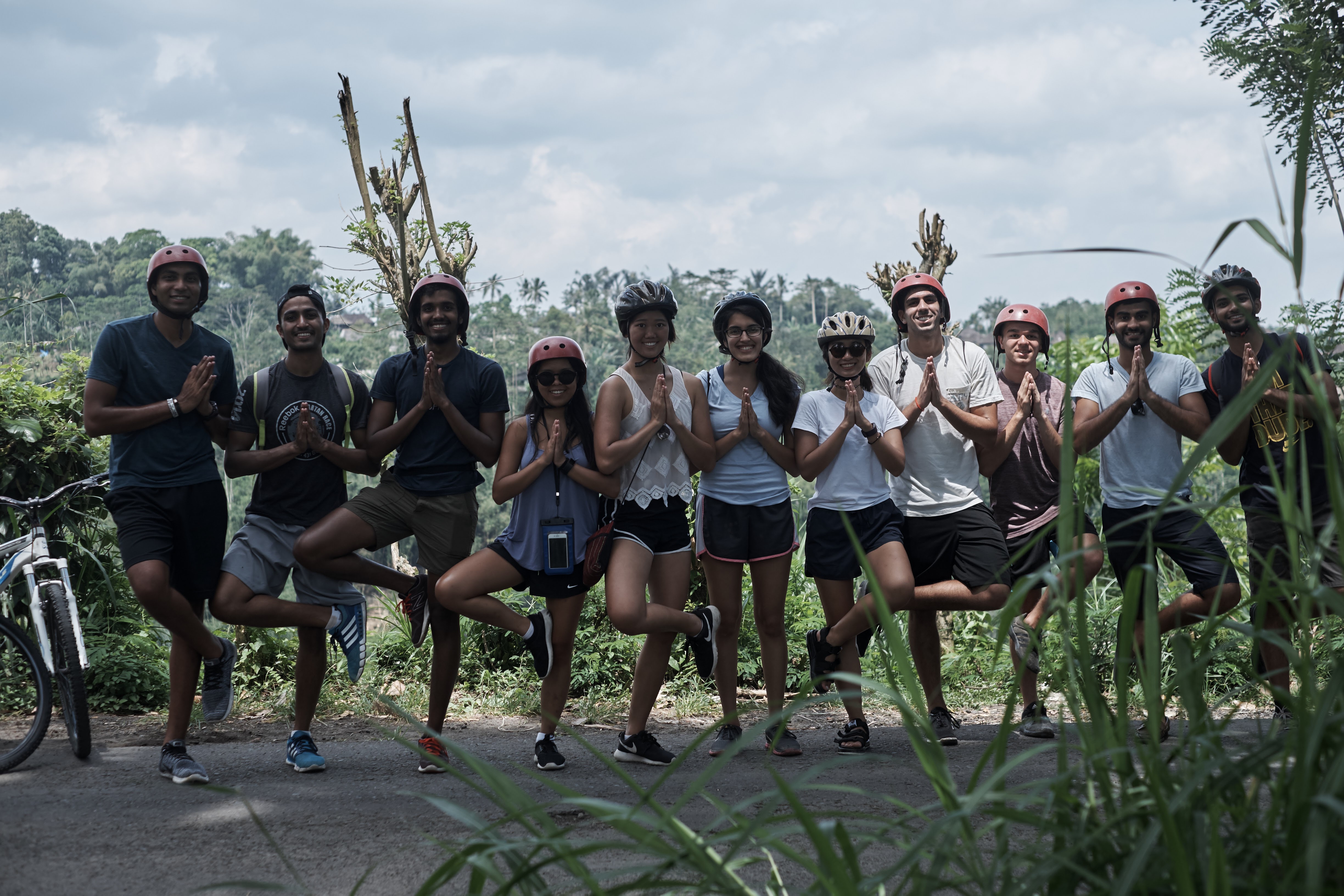
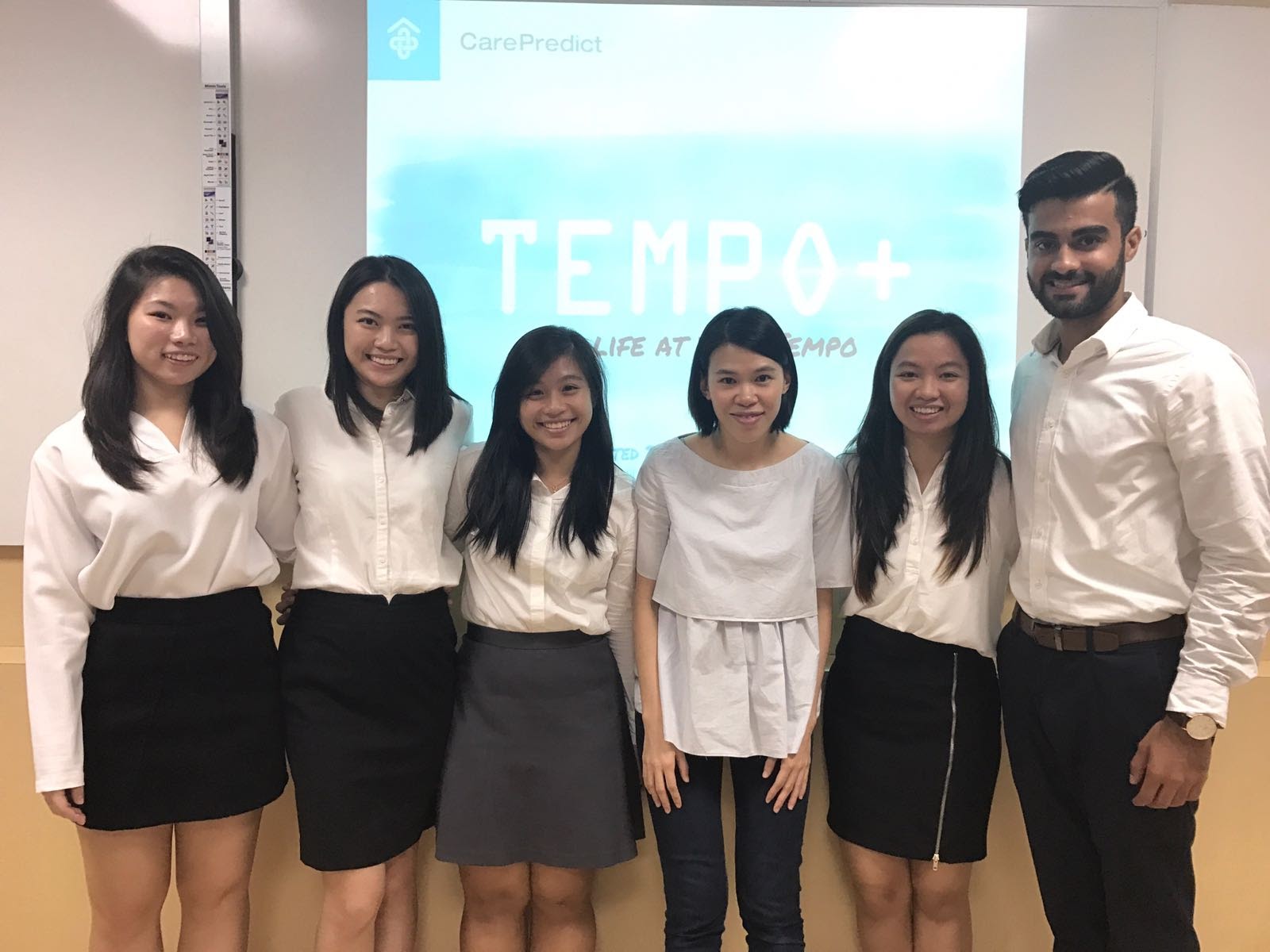
How did you select your program and location?
My program is known as the GEM Trailblazer program at the Nanyang Technological University in Singapore. I chose my program because I wanted to study abroad in Asia. I decided specifically on Singapore because it was a central location to travel in and out of, and the language barrier was pretty much non-existent. English, Malay and Mandarin are among some of the main languages spoken in the country – or if you want to combine all of the main languages into one, Singlish, as they call it.
Can you tell us about the scholarships you received?
I received the Gilman Scholarship, and I found out about it through the International office and my program coordinator Thuy Nguyen. The process of applying was pretty straight forward through their website, and I asked some of my peers to help give my essays a second set of eyes.
I think as long as you voice your desire to learn and to study abroad, your story, your financial need, you’re a pretty solid candidate. In exchange for the scholarship, I had to present my study abroad experience to the audience of my choosing, so I decided to go back to my old high school and present the opportunity to study abroad so that high school seniors are aware of it earlier on in their college career, rather than later on.
I also utilized financial aid towards my exchange program. I think a lot of students are unaware that you can do that – it might be worth voicing that more to kids interested, especially since finances of going abroad usually scare students away. Definitely consult your study abroad advisor, especially if you receive financial aid of some form, they may have various ideas of how to help as they’ve seen the various aid opportunities available.
How much did you know about Singapore before you went?
If I’m being honest, I didn’t know where Singapore was on a map until after I did all my applications and began to book my Airbnb for the few days I had before moving into the dorms. I really didn’t know much, and in the midst of balancing various scholarship applications, school and internship recruiting, I didn’t feel like I had much time to do any research, to begin with. I just went with word of mouth on people’s experiences at some of the info sessions.
I think one thing I expected was to be a big deal as an American in another country. Traditionally, as a child, having gone back to the motherlands, Pakistan and India, I was accustomed to receiving special treatment and being placed on this pedestal for being the American guest. However, in Singapore, I was welcomed beyond one can imagine, but I wasn’t given any sort of special treatment for being American or having an American passport. I think I walked into Singapore extremely patriotic or with this sense of America is better than all, but quickly came to realize that Singapore is just as advanced and economically well-off as we are, if not more, and that we’re no better than anyone, or at least I’m not.
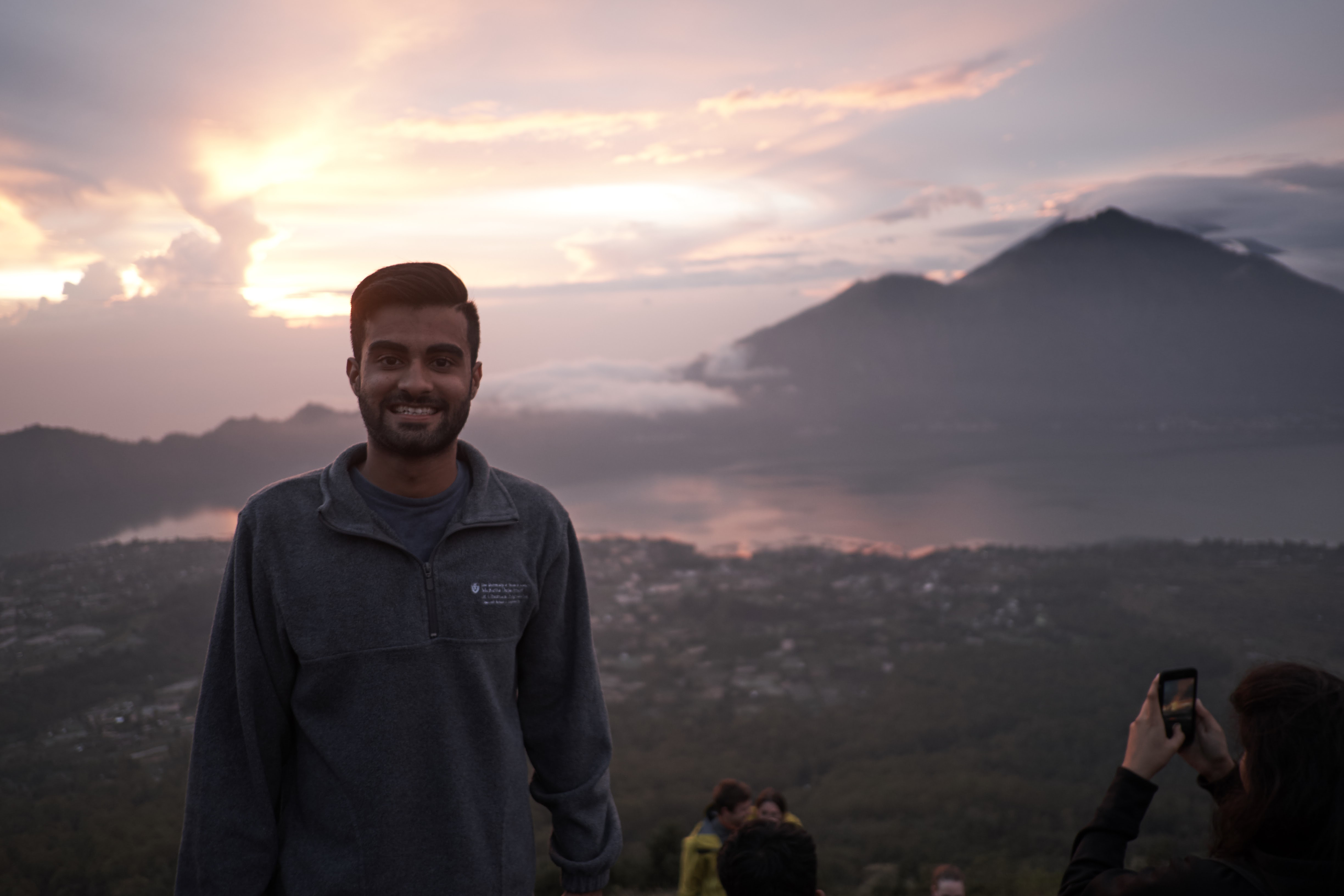
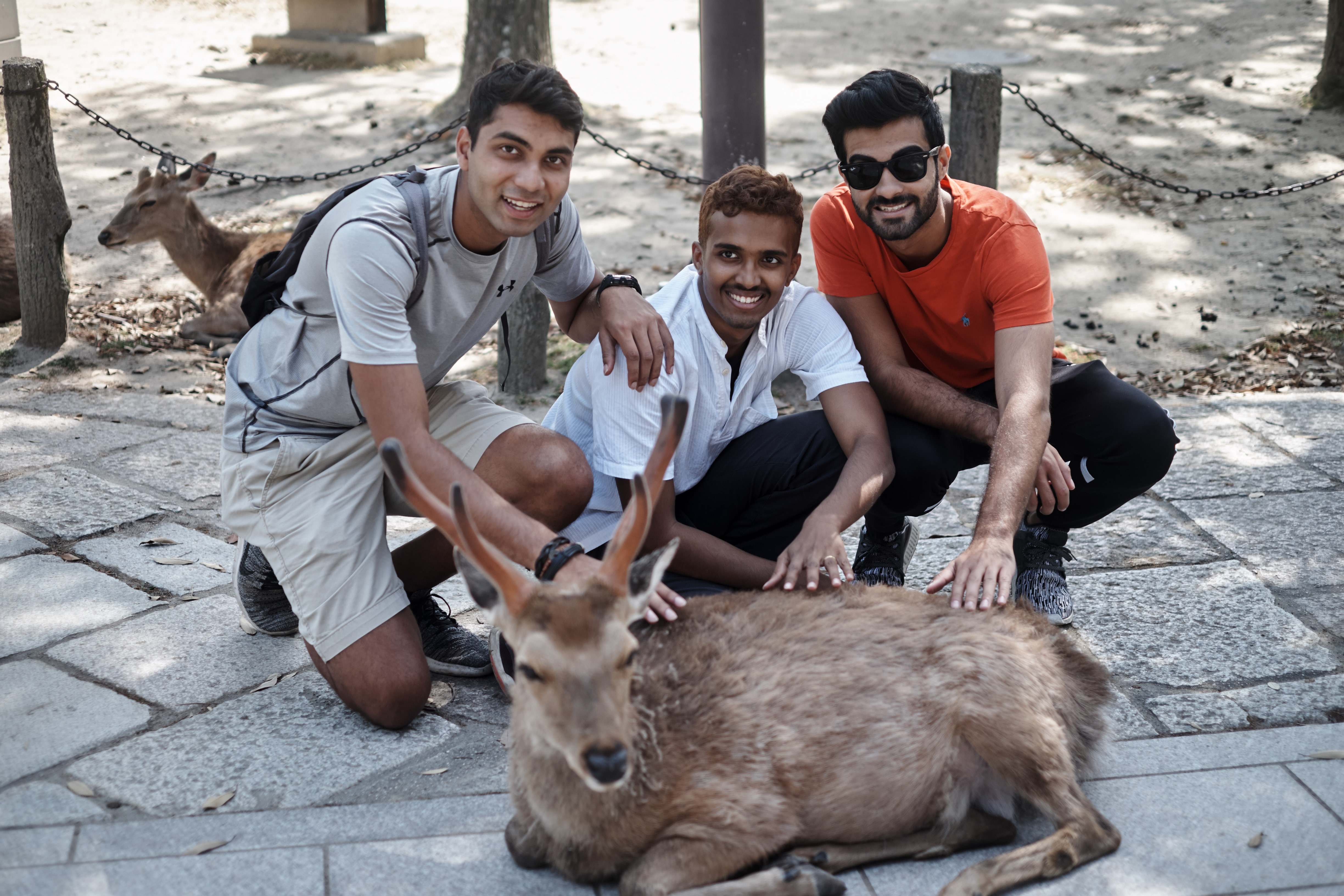
"No matter where you are around the world, you run into other people; people with the same goals that we have: to survive, to succeed, to become educated, to raise families and pass their values down.
Traveling around the world gives us firsthand exposure to humanity and hopefully makes us think twice before making another person our enemy."
What lessons did you learn from your study abroad adventure?
During my time abroad, I traveled to 10 countries: Singapore, Malaysia, Hong Kong, Thailand, Cambodia, Vietnam, Philippines, Indonesia, South Korea and Japan. I saw some of the best living environments and some of the worst and here’s what I learned.
Life is too short. There is so much of the world to see outside of our little bubble of friends and the city we live in. Think about the experience you’re getting going to another country, living as they would, their language, their currency, their food, their politics, their society, their societal pressures and their lifestyle. Live life to the fullest. Cliché, I know, but why not?
Never compare yourself to others, you are your only benchmark. You’re running your own marathon, not someone else’s race. It’s very easy to get caught up in the day to day life as a student, getting stuck in this cage of making the highest grade on the next major assignment, recruiting for the next best internship or job, and climbing this ladder of success because everyone around you is also on the same hype train. Wrong. Studying abroad made me realize that there are people in the world out there with barely any food to eat and clothes to wear, and a number of them are probably just as content with their lifestyle as we are having all that we have. You must make with what you have and make the best of it. Learn to take a step back, assess the bigger picture, re-evaluate your goals and progress, and continue towards success.
As long as you have your passport, health, debit card, and cellphone service, I think you’re in the clear. Those are ranked most important to least, by the way. But think about it, you only regret the things you don’t try. While you’re abroad, try something out of your comfort zone, who knows, you might really like it.
"Never compare yourself to others, you are your only benchmark. You’re running your own marathon, not someone else’s race."
How did your experience change your perspective of the world?
I think you realize that the world is really big from a land mass perspective, but it’s small in the sense that no matter where you are around the world, you run into other people; people with the same goals that we have: to survive, to succeed, to become educated, to raise families and pass their values down. This realization is important as we strive to fight social injustices and support social causes. Traveling around the world gives us firsthand exposure to humanity and hopefully makes us think twice before making another person our enemy.
How has study abroad contributed to your professional development and career goals? How did you apply the lessons you learned abroad to your career now?
As a consultant, who travels for a living, it is important to bring global acumen to the table. In fact, one of the firms that I previously interned for uses “global acumen” to measure their employees’ overall performance. Global acumen can allow for more successful business relationships on an international level. Global acumen allows us to be culturally sensitive, aware and accepting of the people around us and their differences.
Studying abroad also contributes to your curiosity and social skills. If you can go to another country, be a student, make friends from around the world, and meet researchers and professors from around the world, I can guarantee you can walk into a career fair or a networking event and hold a solid conversation. You get the greatest amount of exposure to the greatest variety of people while you’re abroad, and there’s no reason why you won’t be able to hold a solid conversation.
Speaking of conversations, traveling makes for great conversation. Chances are you’ll have knocked out enough countries abroad to talk about one of the countries your interviewer or boss has previously been to.
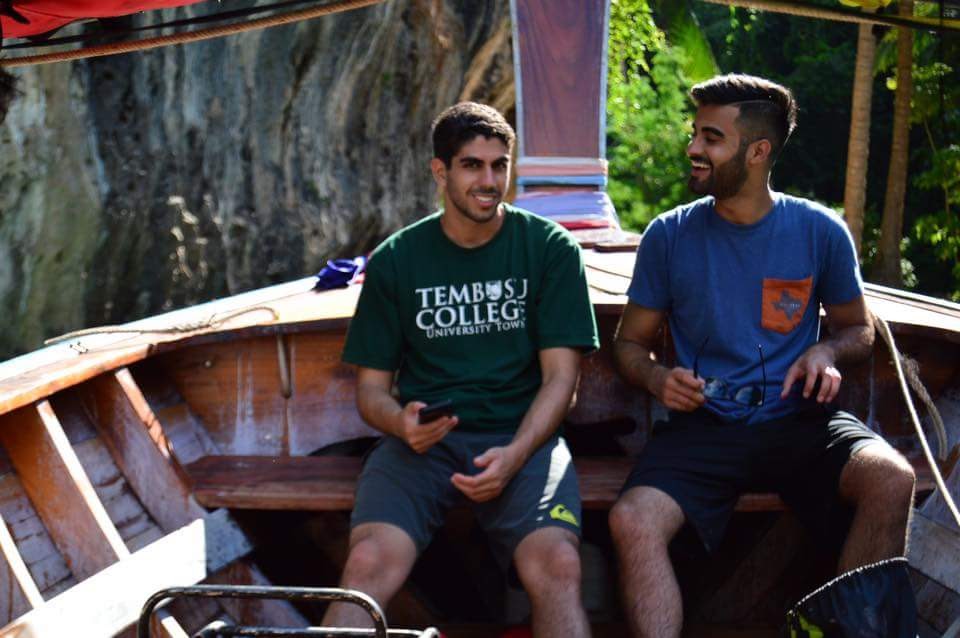
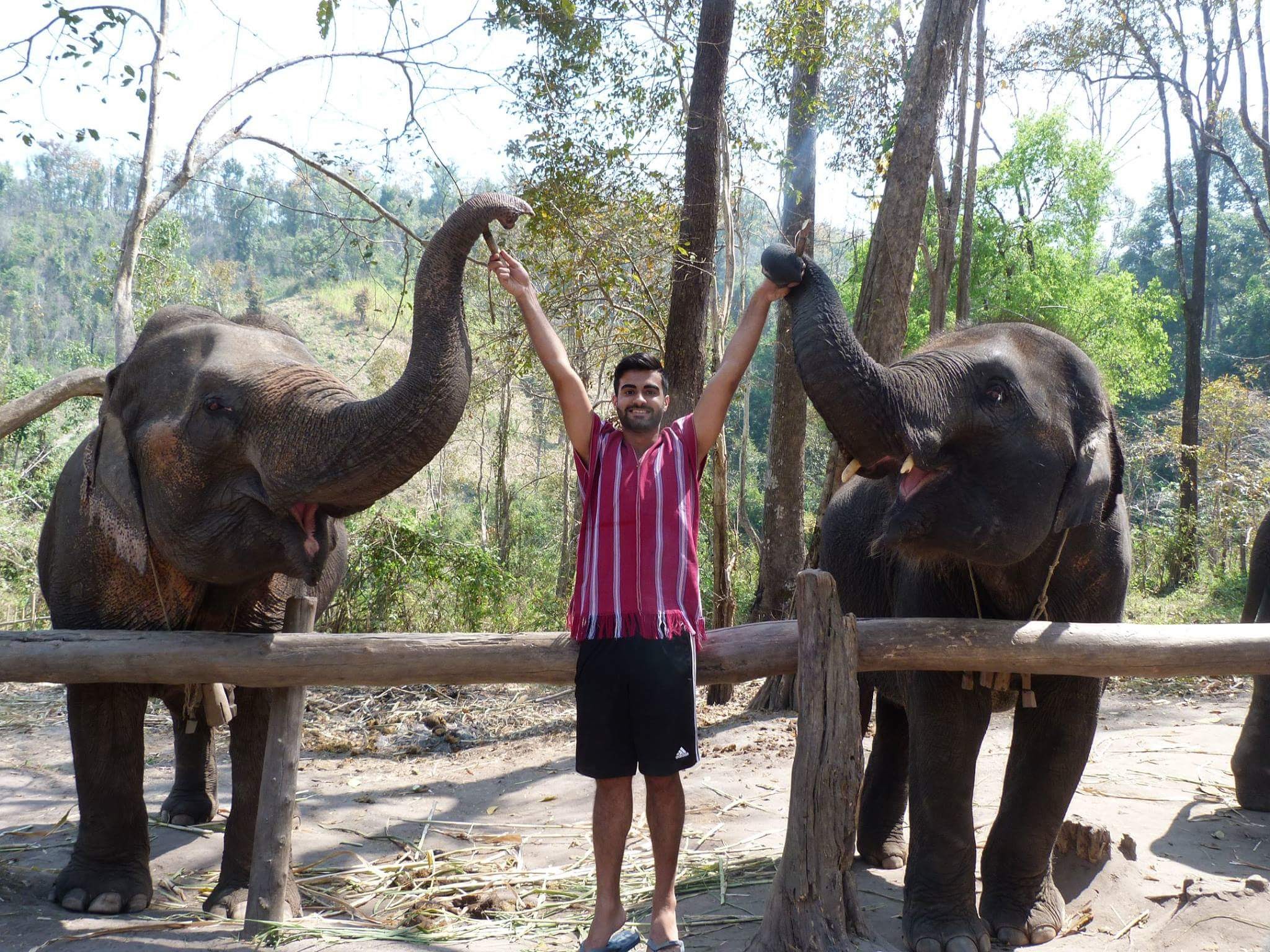
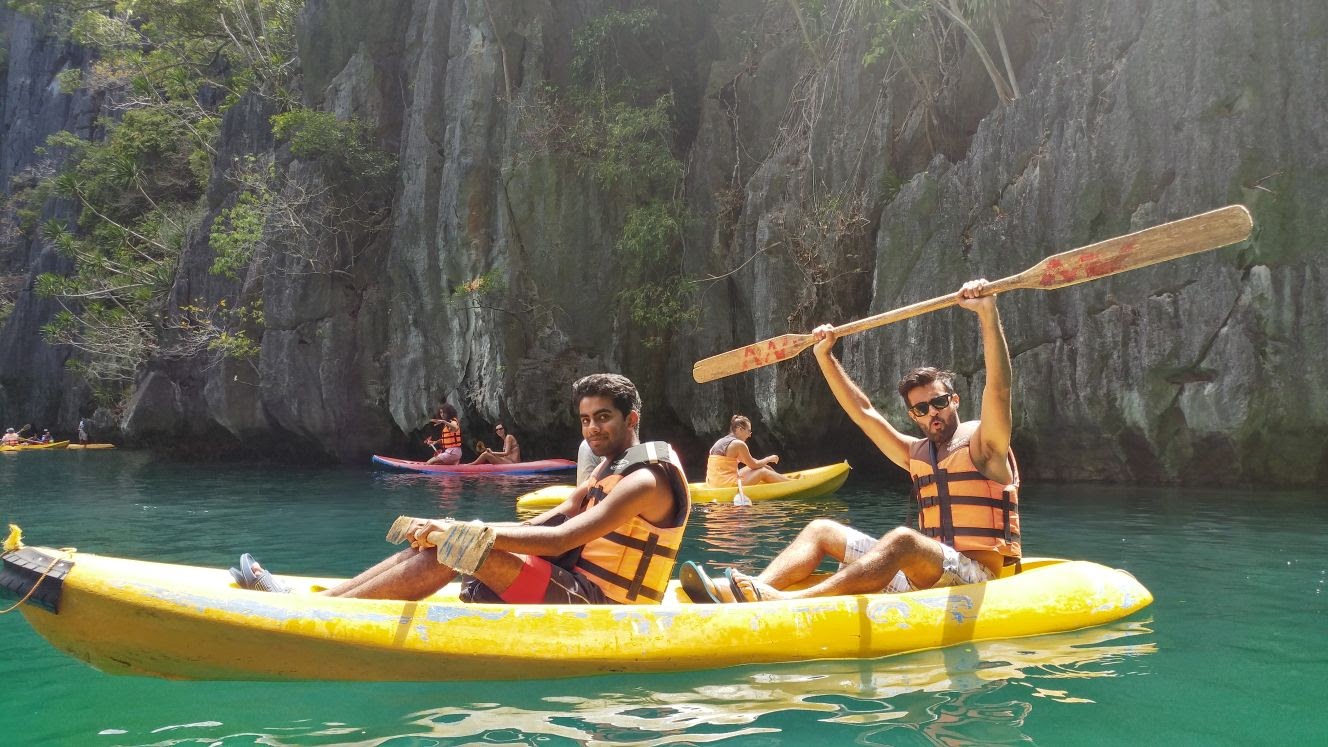
"Global acumen can allow for more successful business relationships on an international level. Global acumen allows us to be culturally sensitive, aware and accepting of the people around us and their differences."
How did studying abroad impact you personally?
I think I’m significantly more open-minded and worry-free than I once used to be.
I have traveled to 22 countries in total ever since I studied abroad in January 2017, and my career requires constant traveling, and I simply can’t get enough.
I found my best friend, Amro, during orientation. We traveled to Singapore together despite being at separate universities, we lived together during our last year of college after coming back from the exchange program, and since then we have moved to Dallas together. I traveled to Egypt with him to visit his entire extended family. We’re hoping to launch a small business together sometime in the near future.
I think one thing I realized while I was abroad is that life is actually too short, there is too much of the world to see, and stressing and worrying about the little things in life are just not worth it.
How valuable were the connections you made while studying abroad?
It’s been two years since I studied abroad, and I pretty much talk to everyone in my network of friends, including the local students and my roommate at NTU. Words can’t ever describe the relationships I’ve made with some of my friends, all I know is that I’m blessed to have met every single person. I have since seen a number of my friends in various parts of the world.
What would you say to students who are thinking of studying abroad but are still hesitant?
Nothing I can really say will change your mind except for the fact that you have nothing to lose in the grand scheme of things and you only regret the things you don’t do.
Don’t worry about the money. Apply for the Gilman Scholarship. Take advantage of financial aid transfer. Texas Global will work with you to inform you as best as possible regarding finances.
Traveling abroad says a lot about your character and makes for a huge selling point on your resume.
Anything else you’d like to add about your study abroad experience?
A quote that has really stuck with me over time goes as follows:
“Don’t find yourself… never know who you are. Because that’s what keeps you striving and discovering” – Mark Manson.
Learn more about the Gilman Scholarship and browse exchange programs >>

